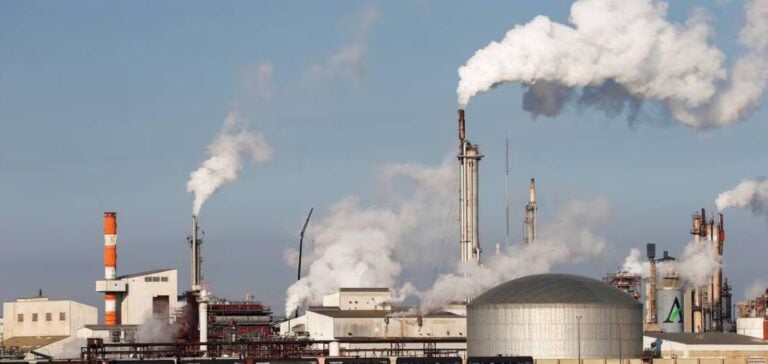Germany takes a significant step towards energy transition by announcing the launch of tenders in 2024 for a total capacity of 10 GW of new gas-fired power plants. These plants will need to be capable of switching to clean hydrogen, supporting the strategy of transitioning away from fossil fuels. This initiative is part of the government’s efforts to ensure a stable and sustainable power supply.
Background to the Energy Transition
Germany’s Minister of Economic Affairs, Robert Habeck, said the tenders could be finalized before the summer vacations. New gas-fired power plants will play a crucial role in complementing volatile renewables until electricity can be 100% green. The subsidies promised by Berlin are essential, as these plants will only operate when the weather-dependent renewable supply is insufficient, making it impossible to recoup the investment costs through their operations alone. Several companies have already expressed interest in these projects. Among them, Steag subsidiary IQONY plans to build hydrogen-ready power plants in Bergkamen, Bexbach and Querschied-Weiher, subject to the conditions of government tenders. In March, IQONY stressed the need for Berlin to take swift action, as it could not continue to operate coal-fired power plants indefinitely.
Outlook for Energy Companies
Michael Lewis, CEO of Uniper, recognized the enormous potential of this plan during a conference call in February, calling for rapid and detailed implementation. Uniper could start with 1-2 GW if the conditions set by the government are acceptable. However, he believes that 10 GW is not enough for an early exit from coal, requiring instead between 20 and 25 GW of new capacity. EnBW, another regional player, has also expressed interest in these projects in southwest Germany. Andreas Schell, its former CEO, confirmed this ambition in January, and his successor, Georg Stamatelopoulos, has reaffirmed this commitment while stressing the need for further details in the legislation.
Regional Projects and Challenges
LEAG, operating in eastern Germany and owned by the Czech energy group EPH, plans gas-fired power plants at four sites, totaling at least 3 GW of capacity, including an 870 MW plant at Schwarze Pumpe. For its part, RWE has expressed its ability to build 3 GW in the context of government tenders. RWE CEO Markus Krebber warned that, although the company is ready, Berlin’s strategy still lacks precise details. Statkraft, the Norwegian company’s German subsidiary, said it would study the government’s plan, focusing mainly on converting its existing gas-fired power plants to hydrogen. KMW, a municipal generator in the Rhine-Main region, is planning to build a 250 MW hydrogen-ready power plant in Wiesbaden, with a district heating capacity of 100 MW, subject to government strategy.
These projects testify to Germany’s determination to move towards a sustainable energy transition while ensuring the stability of its electricity supply. The challenges remain numerous, but the mobilization of energy players and government subsidies offer a promising framework for achieving these ambitious goals.






















